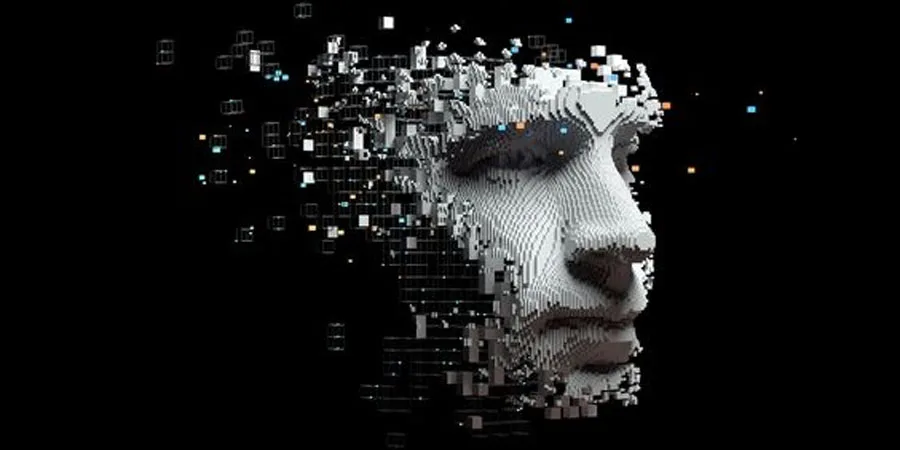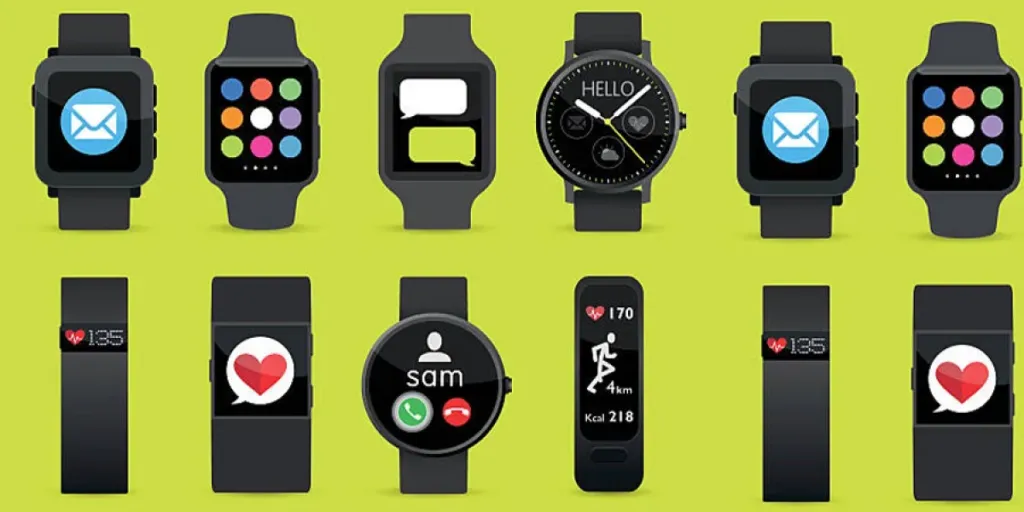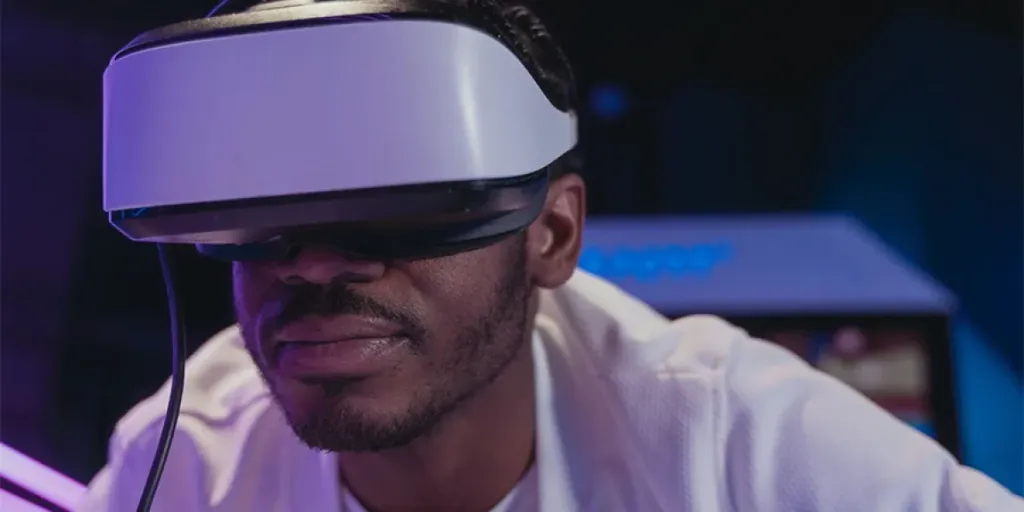Artificial intelligence is rapidly advancing and becoming integrated into more aspects of our daily lives. As an online retailer or tech-savvy consumer, it’s crucial to understand how AI will reshape industries and create new opportunities in the years ahead. In this article, we’ll explore six key areas where AI is poised to have a transformative impact, and what it means for businesses and individuals.
Table of Contents
1. Generative entertainment
2. Personalized experiences
3. Algorithmic health and wellness
4. Robotic efficiency
5. Environmental care
6. Next-level commerce
1. Generative entertainment levels up creativity
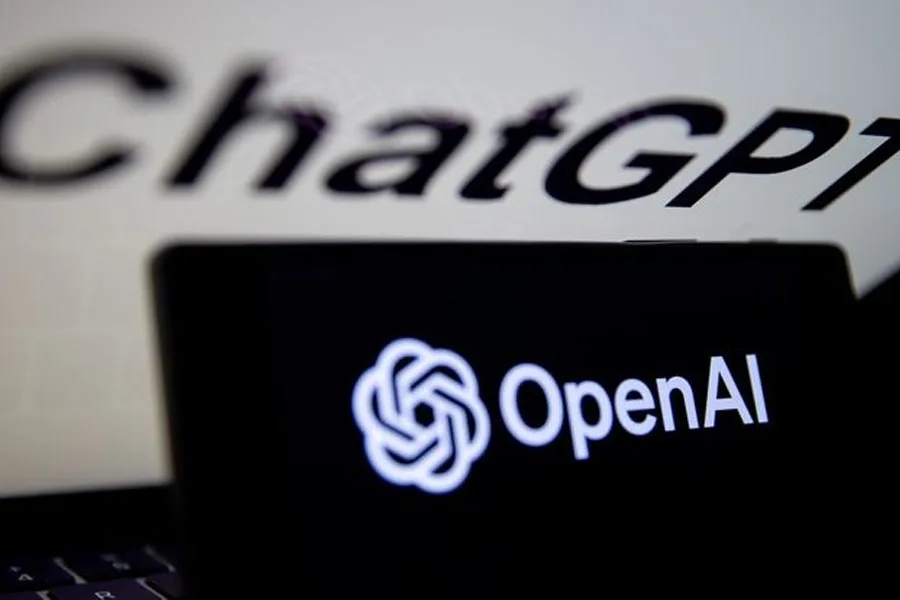
Generative AI is ushering in a new era of creativity and imagination. By training on vast datasets, AI models can now generate strikingly original text, images, video and music, enabling artists and amateurs alike to realize their wildest ideas. This technology democratizes the creative process, making it easier than ever to experiment and produce captivating content.
As generative AI continues to improve, we can expect an explosion of novel interpretations on familiar concepts. Creators will collaborate with AI to push the boundaries of what’s possible in storytelling, worldbuilding, and artistic expression. For businesses, tapping into the power of generative AI can help to rapidly prototype concepts, personalize products, and engage audiences in compelling new ways. The future of entertainment is limited only by the scope of our collective imagination.
2. Personalized experiences powered by AI
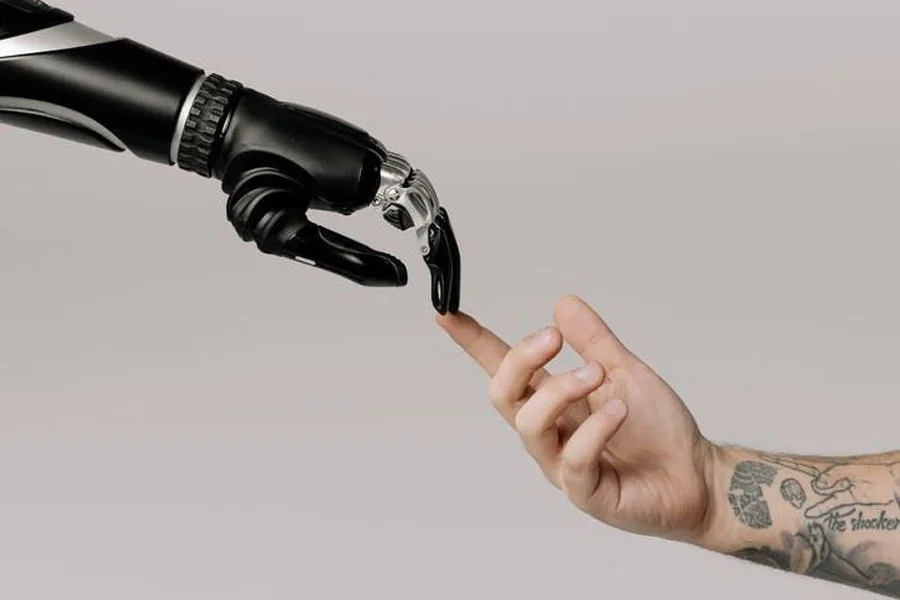
One of AI’s greatest strengths is its ability to process huge volumes of data to understand individual preferences. This enables the creation of highly personalized user experiences tailored to each person’s unique needs and tastes. From curated product recommendations to custom-designed clothing, AI empowers businesses to offer bespoke products and services at scale.
In the future, AI will play an even greater role in personalizing all facets of our lives. Anticipate smart home devices that autonomously adapt to your habits, virtual assistants that truly “get you,” and immersive entertainment that adjusts to your emotional state. Companies that harness AI personalization will foster deeper customer relationships and brand loyalty. The key is to strike the right balance between helpfulness and privacy, using data responsibly to enhance, not manipulate, the user experience.
3. Algorithmic health and wellness gets personal
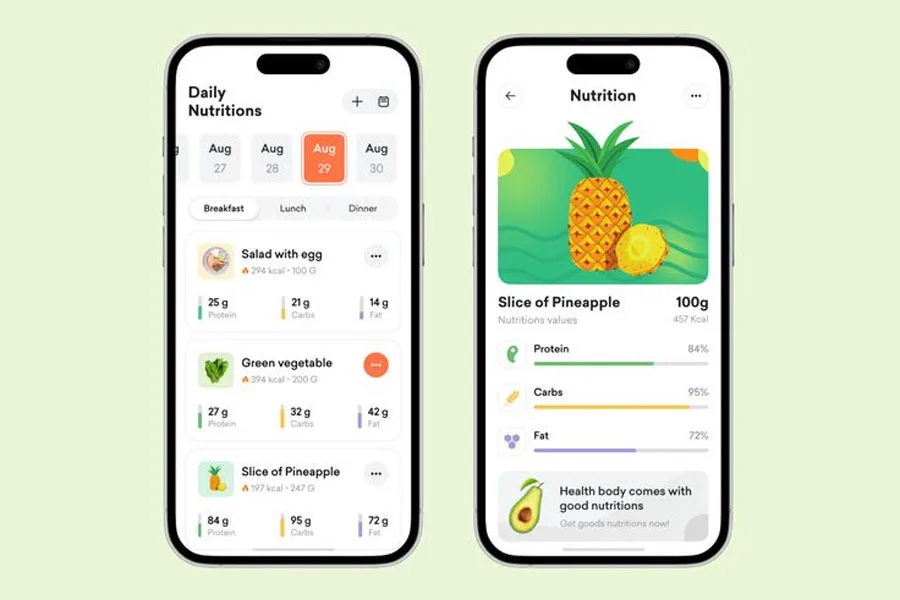
Healthcare is perhaps the domain where AI can make the most profound impact on human wellbeing. By analyzing vast medical datasets, AI can aid in early disease detection, drug discovery, precision medicine, and more. Imagine a future where AI assistants monitor your health 24/7, catch concerning symptoms early, and work with your doctor to implement personalized treatments.
AI-powered wearables and apps will make it easier for people to take control of their health and wellness. Intelligent algorithms will provide insights and guidance to help individuals make positive lifestyle changes and stick to them. While AI won’t replace human doctors anytime soon, it will augment their capabilities in remarkable ways. For health-conscious consumers and forward-thinking medical providers, keeping up with AI advancements will be essential to enabling longer, healthier lives.
4. Robotic efficiency fills the labor gap
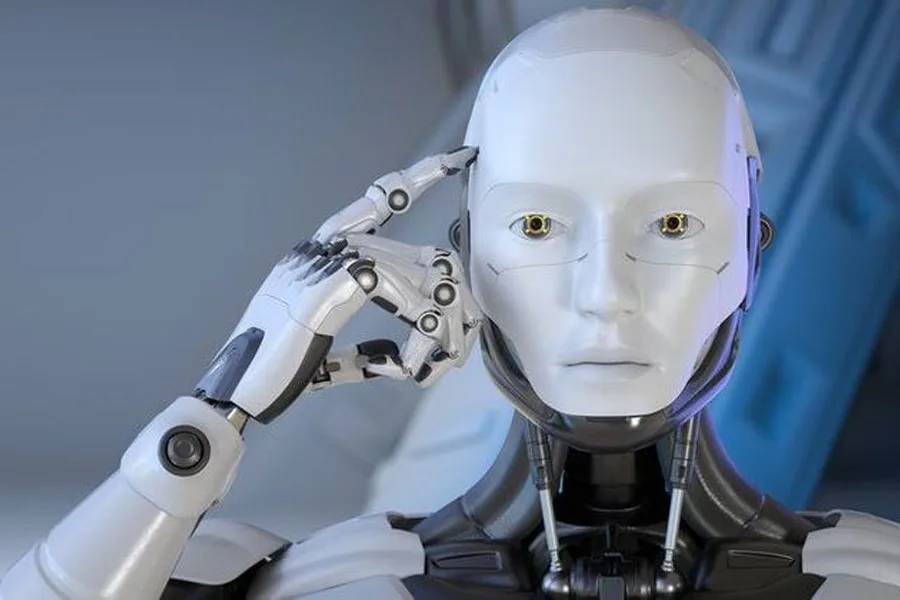
As demographics shift and labor shortages grow, robots powered by AI will increasingly step up to fill essential roles. Robotic systems are becoming ever more sophisticated, with the ability to perceive, learn, and adapt to real-world environments. In the coming years, collaborative robots (cobots) will work alongside humans in fields like manufacturing, agriculture, healthcare, retail and beyond.
The global robotics market is expected to exceed $200 billion by 2030, with Asia leading the way in adoption. For businesses, incorporating robotics alongside human workers can significantly boost productivity, reduce costs, and enable 24/7 operations. The key to success will be focusing on robots that augment rather than replace human capabilities. With the proper implementation, the human-robot partnership can create new opportunities and free people up to focus on higher-level tasks that require creativity, empathy and critical thinking.
5. Environmental care gets an AI assist
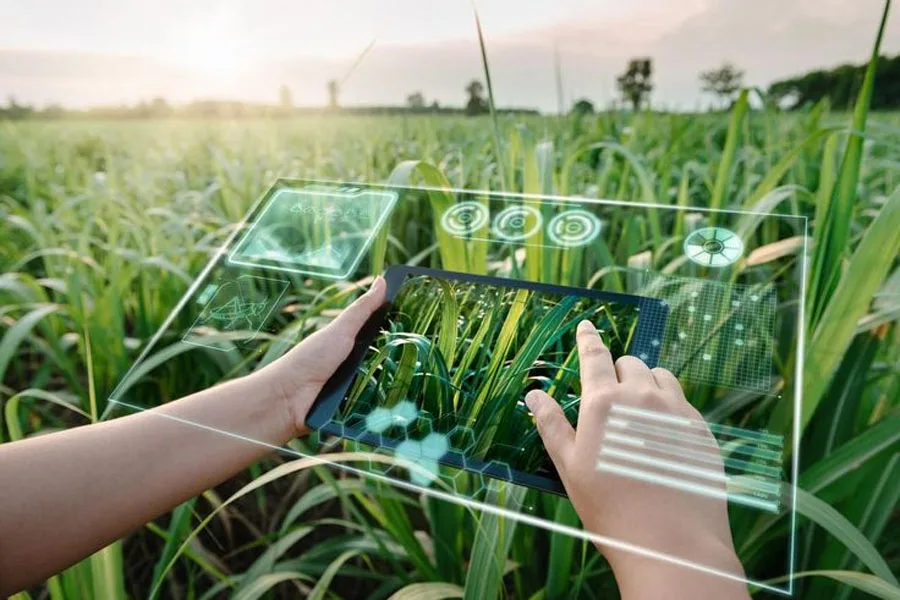
Climate change is an existential threat requiring urgent action on many fronts. Fortunately, AI offers powerful tools to help tackle sustainability challenges. AI’s knack for optimization can enable more efficient use of energy and resources while minimizing waste and pollution. Think smart power grids, AI-designed green buildings, and intelligent recycling systems.
AI is also driving breakthroughs in clean tech, from materials discovery for solar cells and batteries to precision agriculture for maximizing crop yields. AI climate modeling can improve our understanding of Earth’s complex systems and predict the impacts of potential solutions. As consumers grow more environmentally conscious, companies that leverage AI for sustainability stand to gain a competitive edge. Of course, we’ll also need to consider AI’s own carbon footprint and design systems from the ground up to be as eco-friendly as possible.
6. Next-level commerce blends virtual and real
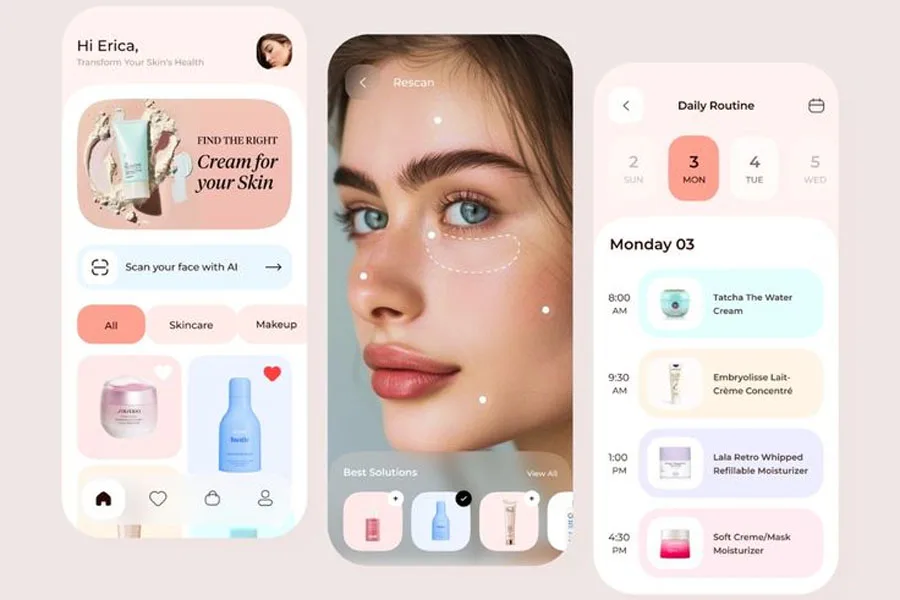
E-commerce is already a way of life for many, but AI is poised to make online shopping more engaging and personalized than ever. Retailers are turning to AI chatbots, virtual try-on, and interactive product visualization to replicate the best aspects of in-store shopping in digital realms. As virtual and augmented reality mature, AI will power even more immersive and social shopping experiences.
Digital humans are an emerging trend to watch, with AI-generated avatars serving as brand ambassadors, virtual stylists, and shopping assistants. For consumers, this means getting tailored advice, trying before buying, and interacting with products in novel ways. For businesses, AI presents opportunities to showcase products, build customer relationships, and gather valuable data. The future of retail will be a seamless blend of online and offline, with AI serving as the glue.
Conclusion:
As AI becomes more widely accessible and deeply integrated into products and services, it will create unprecedented opportunities for innovation and growth. However, realizing AI’s full potential in an ethical and inclusive manner will require ongoing collaboration between technologists, businesses, policymakers and civil society. For retailers and consumers alike, staying informed about AI trends and developments will be key to navigating this rapidly evolving landscape. By starting to experiment with AI technologies today, businesses can position themselves to thrive in an AI-driven future. And by advocating for responsible AI development aligned with human values, we can work to ensure that the transformative power of AI benefits everyone. The future is already here—now it’s up to us to make the most of it.
